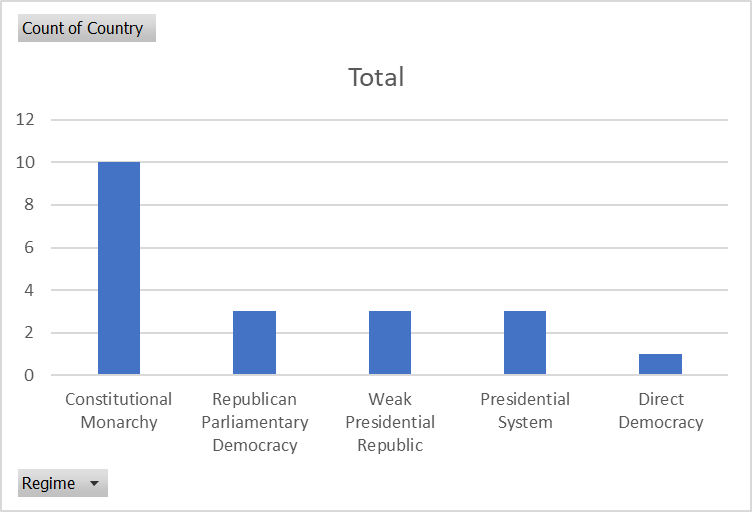I have been told of resignations over this in my own CLP. Our delegation voted in accordance with the mandate issued, in favour of the NEC statement, against the Remain & Transform (C13) motion and for the Stop Tory Brexit (C14) motion. I accept that this is a reasonable interpretation of the mandate as those of us arguing for Remain & Transform lost the vote by 4 votes at a barely quorate General Committee meeting. I am sure that the timing of the meeting, i.e. a week before we undertook our trigger ballot meetings and the state of exhaustion from the faction fighting were part of the problem.
If you are a member of Lewisham Deptford Labour Party and not a member of the General Committee, ask your delegates why they weren’t there and let them know what you think, attend your branch AGMs coming in Oct. and elect pro-remain delegates who will turn up. This is critically important as should we win the coming General Election, Labour will call a special conference to determine its position between its new deal and a remain position. I will be seeking, with allies to establish a remain position and nsure we elect a delegation that will support the mandate.
My experience from canvassing is that many Labour voters are deeply concerned about, by which I mean vehemently opposed to, Labour’s ambiguous position despite our local MP‘s vigorous & courageous pursuit of a remain.
Trying to reply to all the Brexit emails, but thought it would help to clarify my position here. I campaigned to remain, voted against triggering Art 50, consistently voted against May's deal and have pushed for a public vote. I stand by this and will campaign again to remain.
— Vicky Foxcroft MP (@vickyfoxcroft) September 25, 2019



